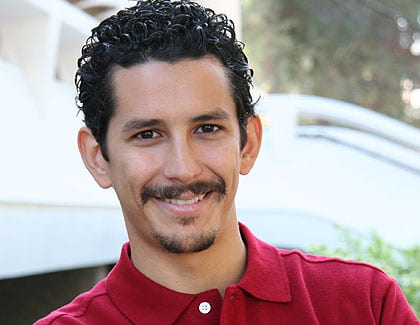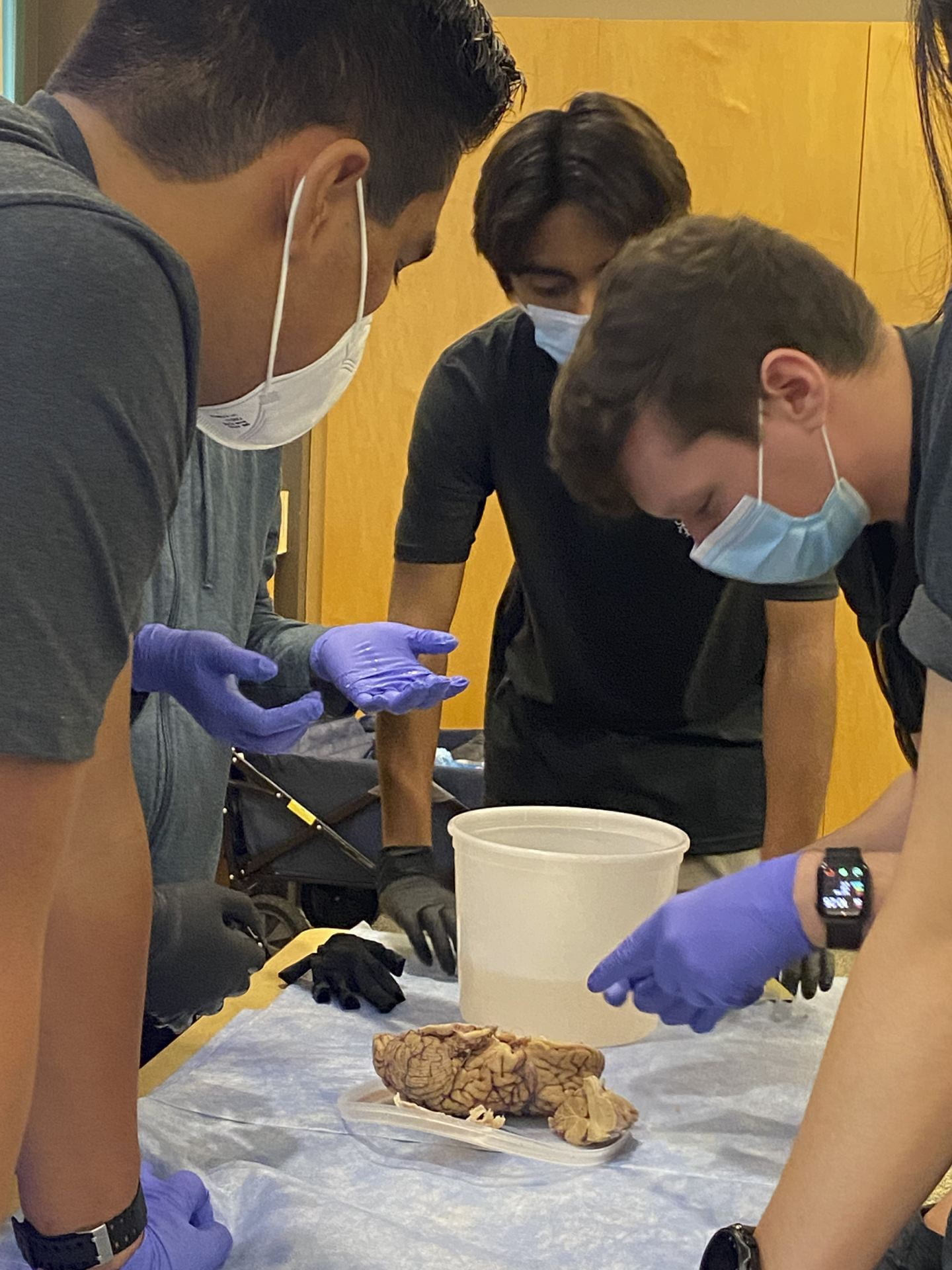On a mission (1)
Medical student John Rose Jr. shares his prescription for improving health of world’s poor

John Rose Jr.’s intense brown eyes miss nothing, neither the signs of disease in the poorest of patients nor the social forces causing much of their misery.
At 27, the UCI medical student has already seen too much suffering, and he’s doing something about it. He recently spent four months of 2006 in Central America, improving health care for “neglected populations” through UCI’s Program in Medical Education for the Latino Community – PRIME-LC – which trains future physicians to care for the underserved. The program has given him a firsthand look at poverty’s effect on health.
There’s Felipe, left by his family in Chiapas, Mexico, to die of tuberculosis – “too poor to afford lifesaving treatment,” Rose notes. There’s Alejandro, who barely survived a battle with typhoid – a disease that most citizens of affluent countries don’t worry about because of vaccines.
“What aspects of our global society guard me from risk, while leaving him not only vulnerable to exposure but also bereft of treatment?” Rose asks.
For him, it’s not enough to treat such cases. He hopes to improve social conditions that make those like Alejandro, Felipe and others like them vulnerable to disease. A lofty ambition?
“There are already people working on this. I just want to help advance the ideology,” he says. “It’s the social structure that puts some people at risk while shielding others. If five people live in a one-room house and someone has a contagious cough, all are at risk. There are large forces working against them.”
Rose’s concern for the poor grew at age 19, when on a misson for the Mormon church – he spent two years in destitute villages near Veracruz. He’s returned to Central America many times since.
This summer, he and other PRIME-LC students spent a week in Nicaragua scouting sites for a cervical cancer program and seven weeks in Chiapas working with volunteers from a local public health organization. PRIME-LC is currently raising funds to send five students back to Chiapas to continue the projects next summer.
Since returning to campus, Rose and fellow students have continued helping the needy through Latino Health Access in Santa Ana, and they’ve shared what they’ve learned with faculty and other students at health conferences.
“We’re trying to awaken in medical professionals an understanding of how social structure affects health,” Rose says. “There are some things you just can’t cure with a pill.”
